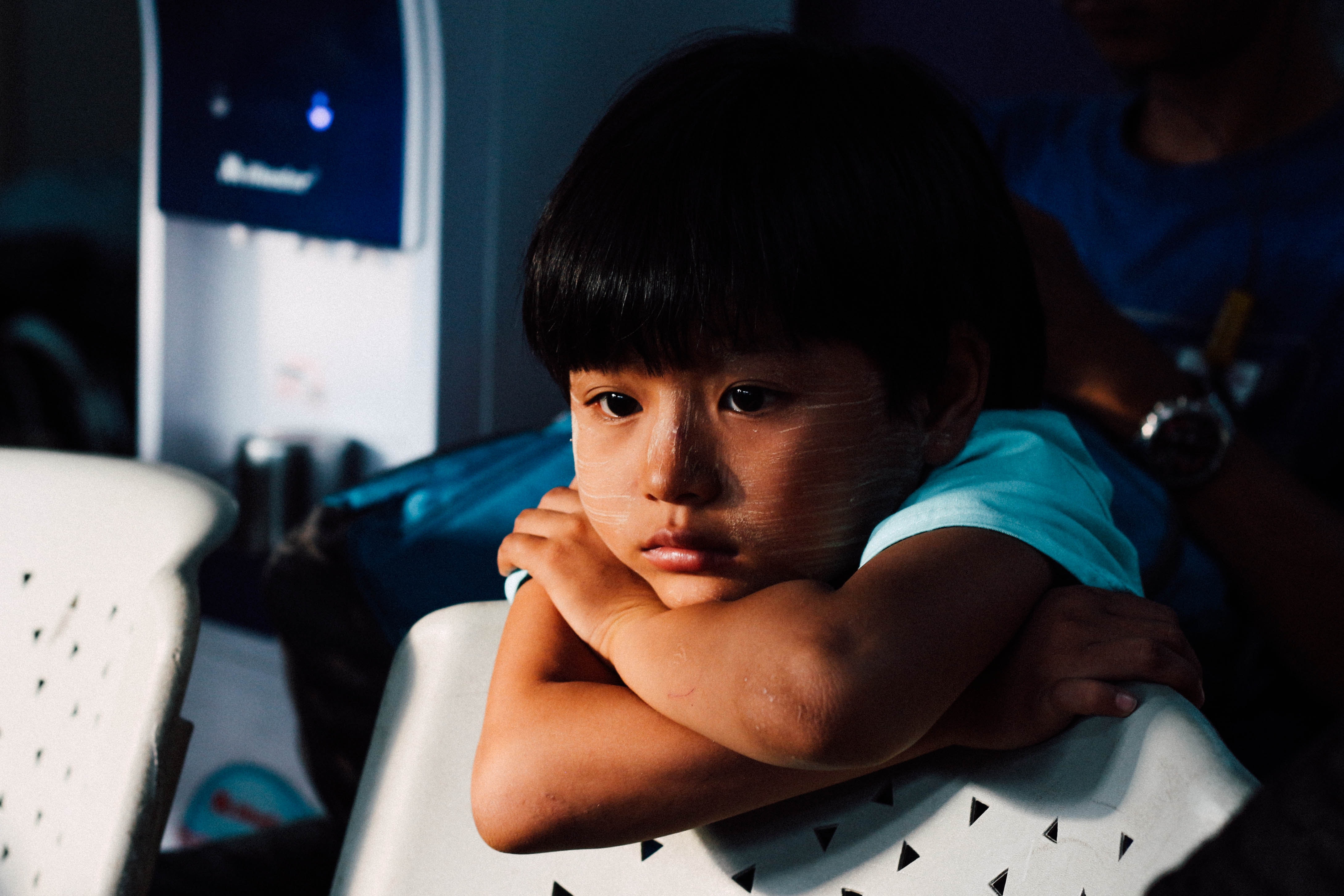Campaigners are urging the government to ban “pain compliance” measures used to control children’s behaviour in youth prisons, with claims that these techniques amount to child abuse.
The practice, designed for the prison riot squad, aims to force an individual to comply by use of pain, and include actions such as headlocks, wrist and arm twists. Pressure is applied to limb joints or certain pressure points, with the child likely to endure more pain, the longer they take to ‘comply’.
The Independent Inquiry into Child Sexual Abuse (IICSA) examined the use of restraint as part of its investigation into children in custodial institutions, and published their findings in a report in February.
It found that these ‘compliance’ techniques were used on children in custody during 119 incidents in Youth Offending Institutions in the year to 2017.
The Ministry of Justice have also said that there were 181 incidents in which pain-inducing restraint techniques were carried out on children last year.
Reviews And Inquiries

The devastating effects of pain-inducing restraint on children came to the public’s attention in 2004, when 14 year-old Adam Rickwood hanged himself in a child prison.
Adam had been restrained with a ‘nose distraction’ technique, causing his nose to bleed for around an hour. Before taking his own life, Adam wrote a note for his solicitor explaining that he had asked officers what gave them the right to hit a child in the nose.
The technique was later withdrawn.
In July 2017, charity Article 39 successfully crowdfunded to legally challenge the use of pain and unjustified restraint.
The challenge saw the Government deciding to commission a wide review of the authorisation of pain-inducing restraint in all child prisons and during the escorting process.
The review was to be conducted by Charlie Taylor, chairman of the Youth Justice Board for England and Wales, and is expected to conclude this summer. Article 39’s judicial review application was stayed by the High Court pending the outcome of the review, plus an inquiry being conducted by the Joint Committee on Human Rights.
‘A Matter Of Urgency’
In February, though, the IICSA’s report concluded that pain-inducing restraint methods were a form of child abuse and should be outlawed. Additionally, last week the Equalities and Human Rights Commission ruled that such methods should not be used on children.
The government said restraint was used only as a last resort, but children’s charities say the recommendations to end its use should be adopted as a matter of urgency.
Solicitors acting for Article 39 have written to the government urging it to put the recommendations into practice, stating that there is no justification for spending public money on a continued review when the IICSA has examined the use of restraint as part of its investigation.
‘Institutionalised Child Abuse’
 Secretary of State for Justice, David Gauke MP. Credit: parliament.uk
Secretary of State for Justice, David Gauke MP. Credit: parliament.uk
The physical restraint methods are likely to contribute to a culture of violence, according to the IICSA’s report, and may “increase the risk of child sexual abuse.”
It adds that the use of such measures “prevents staff from building trusting relationships and inhibits a child from reporting sexual abuse” and “normalises pain for staff and children”.
The report continues: “The chair and panel recommend that the Ministry of Justice prohibits the use of pain compliance techniques by withdrawing all policy permitting its use, and setting out that this practice is prohibited by way of regulation.”
Article 39’s director Carolyne Willow told the BBC: “Mandating adults in positions of authority to deliberately hurt children, and running training courses that show exactly how to inflict severe pain, is institutionalised child abuse. There is no other way to describe it.”
“The urgency comes in the inquiry describing pain compliant techniques as a form of child abuse…How can ministers not act quickly to protect vulnerable children after that?”
A Ministry of Justice spokesperson said: “Staff are trained to resolve conflict verbally and our policy is clear that restraint should only ever be used as a last resort where there is a risk of harm to the young person or others and no alternative intervention is possible.
“In addition, we have commissioned Charlie Taylor to independently review our policy on the use of pain-inducing techniques and he is due to complete his review this summer.”







